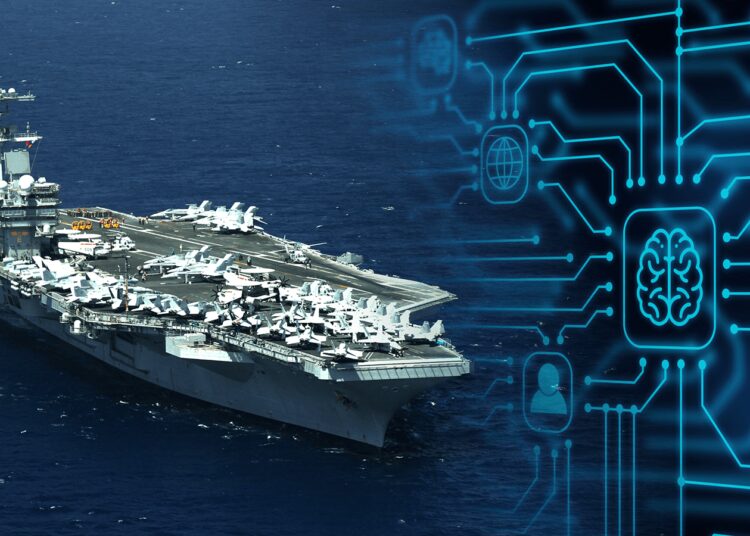Innovation in military technology is crucial for revolutionizing warfare in the 21st century. From drones to cyber warfare, artificial intelligence, hypersonic weapons, and biotechnology, these advancements are shaping the way conflicts are fought and won. Drones provide real-time intelligence and precision strikes, while cyber warfare can disrupt enemy infrastructure. Artificial intelligence enhances decision-making on the battlefield, while hypersonic weapons offer high-speed precision strikes. Biotechnology holds the potential for genetically engineered soldiers and biological weapons, although ethical concerns and bioterrorism risks must be considered. As military organizations adapt to these changes, staying ahead of the curve is essential in the evolving landscape of modern warfare.
Revolutionizing Warfare: Top Innovations in Military Tech
Introduction
Innovation is crucial in the military sector, as new technologies have the potential to revolutionize warfare. From drones to cyber warfare, advancements in military tech are constantly shaping the way conflicts are fought and won. In this article, we will explore some of the top innovations in military technology that are revolutionizing warfare.
Drones
Drones, also known as unmanned aerial vehicles (UAVs), have become a key tool in modern warfare. These robotic aircraft are used for a variety of purposes, including reconnaissance, surveillance, and targeted strikes. Drones have transformed the battlefield by providing real-time intelligence and enabling precision strikes with minimal risk to human life. They have been used in conflicts across the globe, from the war on terror to border disputes.
Cyber Warfare
Cyber warfare involves attacks on computer systems and networks to disrupt, disable, or destroy enemy infrastructure. This form of warfare has become increasingly prevalent in the digital age, with state-sponsored hackers targeting critical infrastructure and governmental systems. Cyber warfare can have devastating effects, as seen in high-profile attacks such as the Stuxnet virus that targeted Iran’s nuclear program.
Artificial Intelligence
Artificial Intelligence (AI) is another innovation that is revolutionizing military technology. AI can be used to analyze vast amounts of data, predict enemy movements, and enhance decision-making on the battlefield. AI-powered systems are being developed for a wide range of applications, from autonomous drones to unmanned ground vehicles. The integration of AI into military operations is changing the way wars are fought and won.
Hypersonic Weapons
Hypersonic weapons are another cutting-edge technology that is changing the face of warfare. These high-speed weapons can travel at speeds of Mach 5 or higher, making them extremely difficult to defend against. Hypersonic missiles are capable of evading traditional missile defense systems and can strike targets with unparalleled speed and precision. The development of hypersonic weapons has raised concerns about a new arms race and the need for technologies to counter these advanced weapons.
Biotechnology
Advancements in biotechnology are also revolutionizing military technology. From genetically engineered super soldiers to biological weapons, biotechnology has the potential to reshape the battlefield. Enhanced human performance, enhanced resilience to disease, and faster wound healing are just a few of the potential applications of biotechnology in the military sector. However, ethical concerns and the risk of bioterrorism are also key considerations in the development of biotechnologies for military use.
Conclusion
The top innovations in military technology are revolutionizing warfare in the 21st century. From drones to cyber warfare, AI, hypersonic weapons, and biotechnology, these technologies are reshaping the way conflicts are fought and won. As new developments continue to emerge, it is crucial for military organizations to stay ahead of the curve and adapt to the changing landscape of modern warfare.












